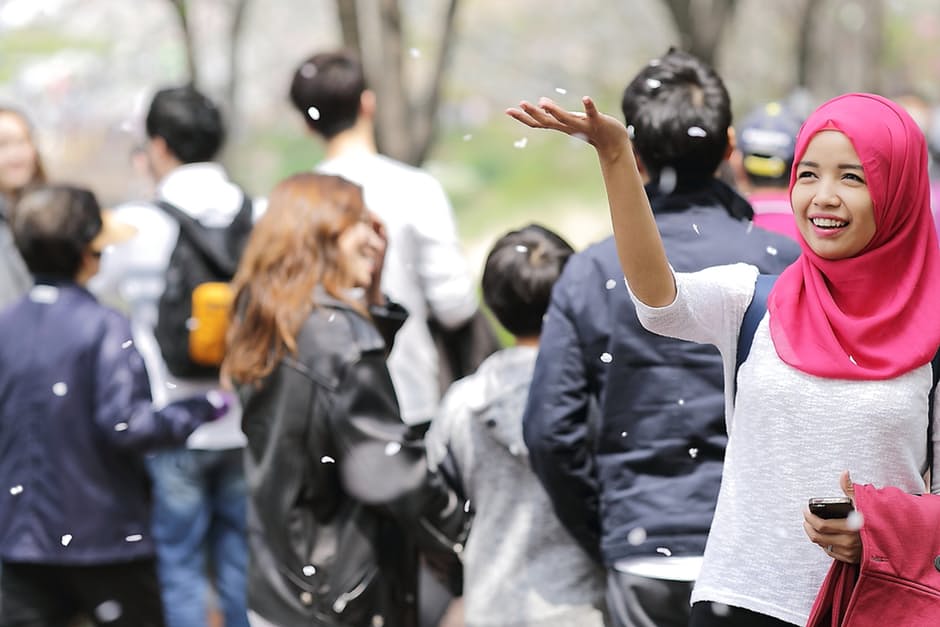The Government says the aim of the criminal justice system is to deliver ‘Justice For All.’ This post looks at the phrase ‘Justice For All’ and what it means for human rights.
The Criminal Justice System
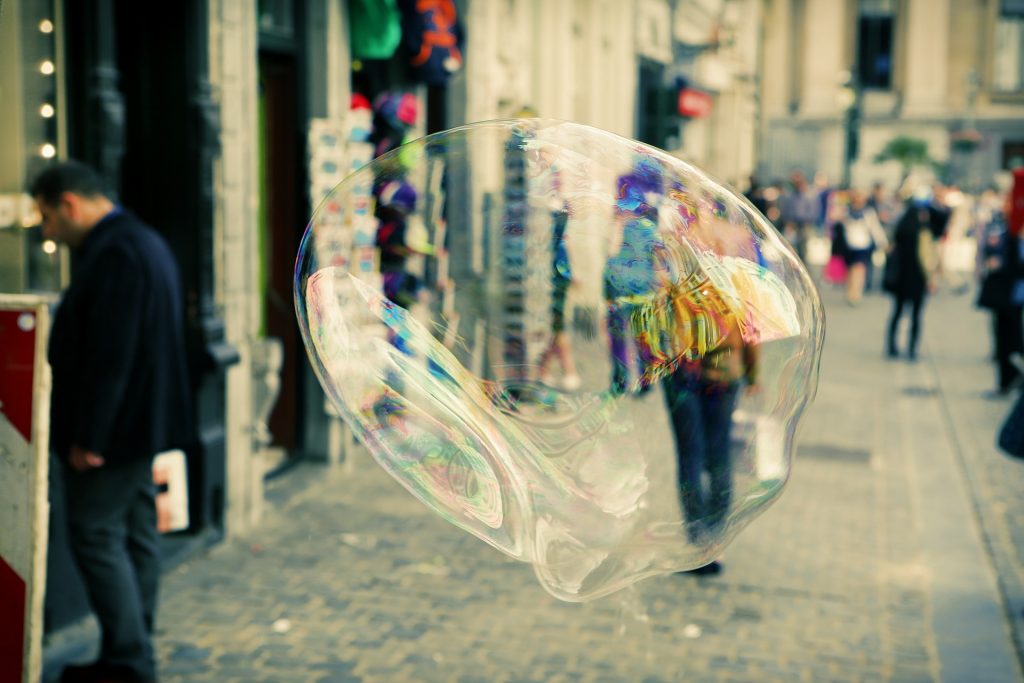
The Criminal Justice System is made up of different bodies, like the police, the Crown Prosecution Service, courts, prisons and probation services – which work together “to deliver criminal justice for all”.
According to the government, this means the system must “punish the guilty, protect our liberties and rehabilitate offenders“.
Responsibility for delivery of this promise is shared by the Ministry of Justice, the Home Office and the Attorney General’s Office.
What does ‘Justice for all’ mean?
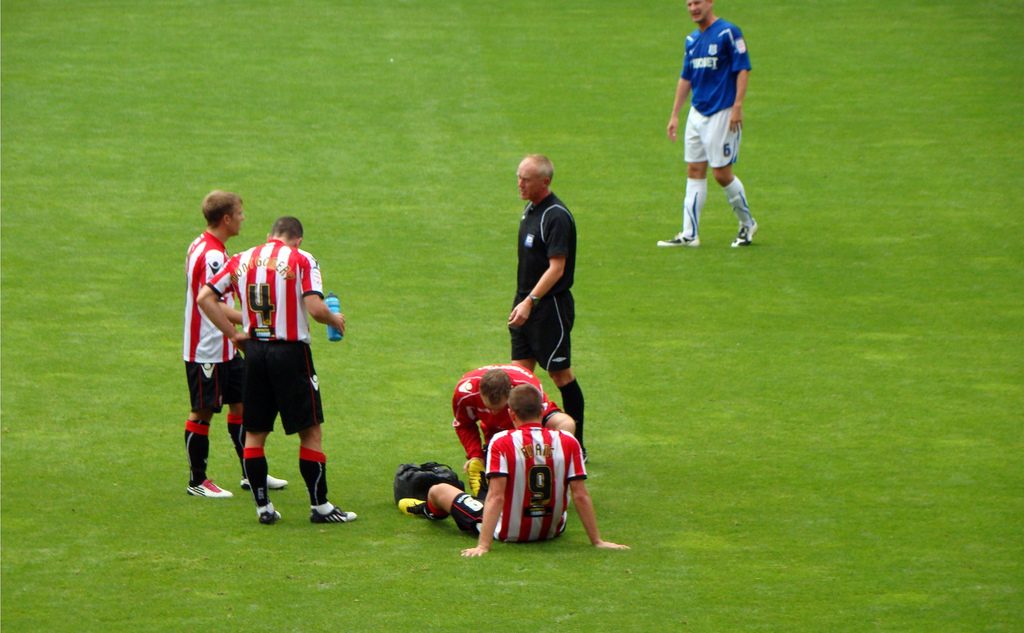
‘Justice for all’ sounds important but what exactly does it mean? The question has been in the media spotlight recently in the Ched Evans case. The way in which rape charges are dealt with has been strongly criticised, for losing women’s confidence in the criminal justice system. As one person said, “justice should never be done like it was in the Ched Evans rape trial”. The Attorney General has supported calls for the law on what evidence should be admissible in rape cases to be changed as a result of this case.
One purpose of the Criminal Justice system is to bring criminal offenders to justice. Another purpose is to ensure that justice is administered effectively. This includes ensuring the feelings of victims are addressed and public confidence in the system increases.
This promise includes the whole process from the initial investigation of a crime to convicting and punishing the perpetrator.
Punishment, rehabilitation or both?
Punishment can be a complex concept. The law lists the following five purposes of sentencing:
- The punishment of offenders;
- The reduction of crime (including by deterrence);
- The reform and rehabilitation of offenders;
- The protection of the public; and
- The making of reparation by offenders to persons affected by their offences.
These purposes do not all carry the same weight. Some people believe that by focussing on the rehabilitation of offenders you can stop criminals reoffending and thus reduce crime rates.
Rehabilitation – a bit of history
Since the eighteenth century, there has been an emphasis on correction rather than punishment. This emphasis has steadily increased with laws that mean cautions and convictions are regarded as ‘spent’ after a specific period of time has passed. When that happens, an individual is treated as rehabilitated with regards to that offence, so it is usually no longer ‘on their record.’
Rehabilitation – today
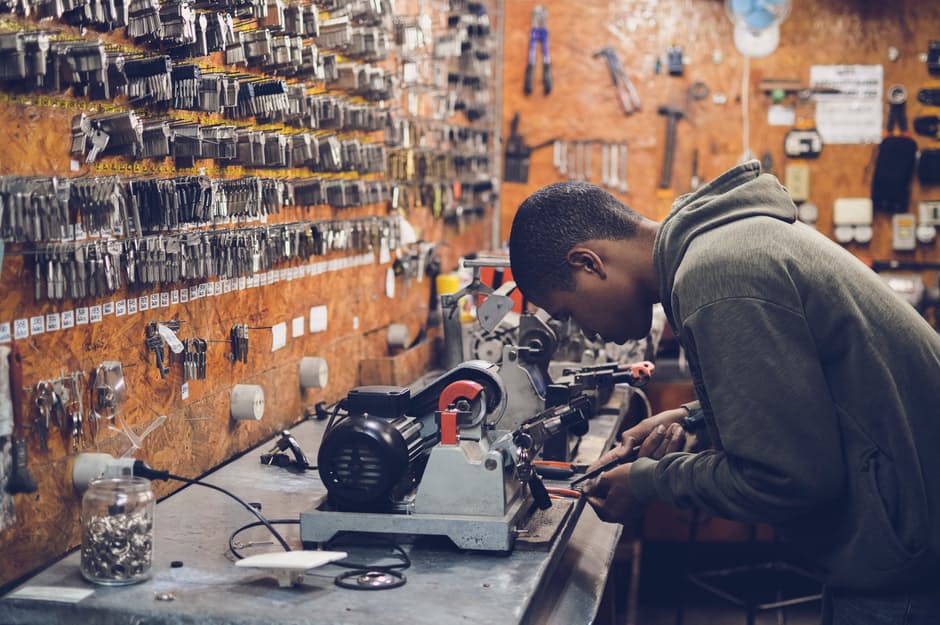
Nowadays, the rehabilitation of offenders is more and more a key feature of the UK criminal justice system. The government calls it “the rehabilitation revolution“. Both prison and community-based rehabilitation programmes have to include measures to tackle issues like illiteracy, unemployment or homelessness that can contribute to reoffending: these includes drugs and alcohol treatments as well as a broad variety of behaviour programmes.
The aim of rehabilitation is not only to get offenders to understand the consequence of their actions and help them to change their behaviour but, ultimately and most importantly, to enable them to not commit crimes anymore.
Human Rights Cases and the Criminal Justice System
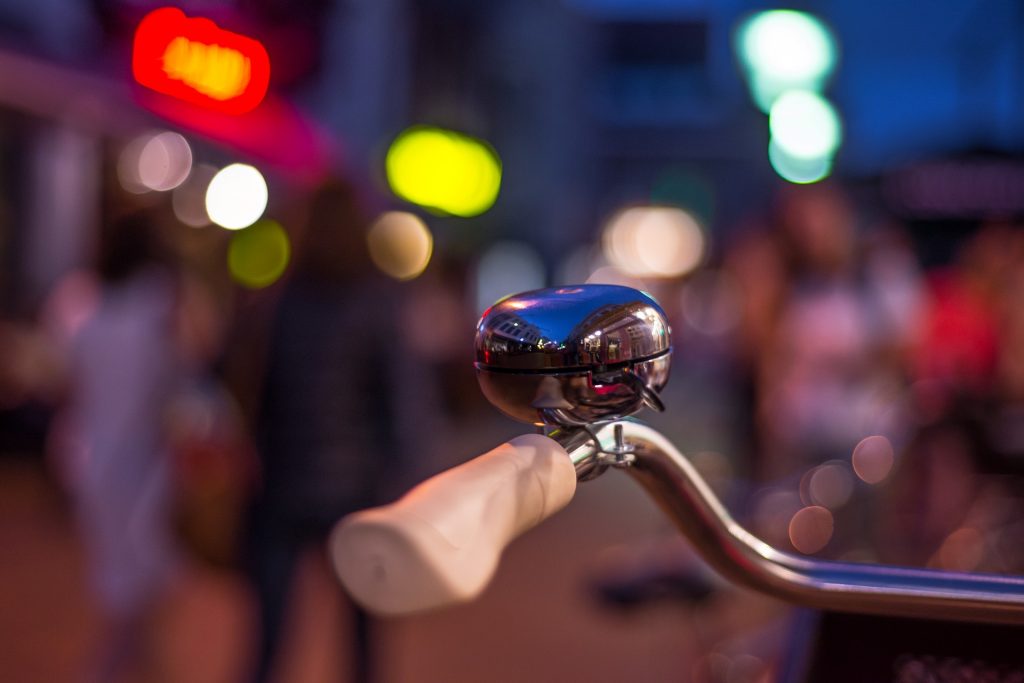
Human rights law has proved very important in establishing human rights for prisoners.
- Read this story about a prisoner whose right to corresponding with his lawyer was protected.
- Read this story about a prisoner whose right to talk to a journalist was protected.
- Read this Explainer about secret trials.
For more:
- Subscribe to get free human rights updates right in your inbox
- Explainer: What Human Rights Do Prisoners Have? here
Ched Evans courtesy of ©Jon Candy under Creative Commons License Attribution Share Alike 2.0 Generic. All other images are copyright free. All other images are copyright free.

